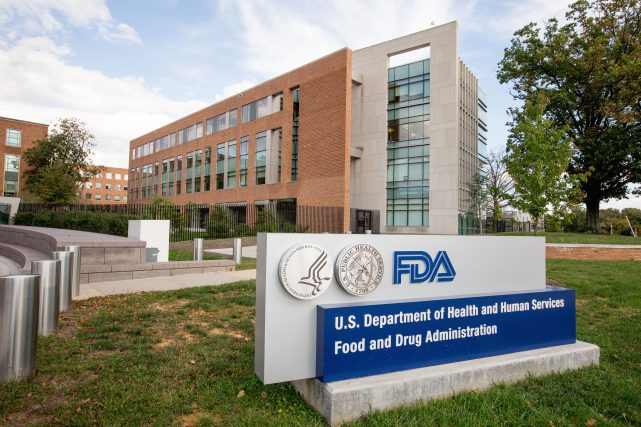-
Tips for becoming a good boxer - November 6, 2020
-
7 expert tips for making your hens night a memorable one - November 6, 2020
-
5 reasons to host your Christmas party on a cruise boat - November 6, 2020
-
What to do when you’re charged with a crime - November 6, 2020
-
Should you get one or multiple dogs? Here’s all you need to know - November 3, 2020
-
A Guide: How to Build Your Very Own Magic Mirror - February 14, 2019
-
Our Top Inspirational Baseball Stars - November 24, 2018
-
Five Tech Tools That Will Help You Turn Your Blog into a Business - November 24, 2018
-
How to Indulge on Vacation without Expanding Your Waist - November 9, 2018
-
5 Strategies for Businesses to Appeal to Today’s Increasingly Mobile-Crazed Customers - November 9, 2018
The FDA Finally Banned Over-the-Counter Antibacterial Soaps
It sounds like it’s time to throw out the antibacterial soap in your house.
Advertisement
The Food and Drug Administration (FDA) has called for a ban on certain soaps and body washes as they could prove no more effective than regular soap and could potentially be harmful.
The FDA has banned more than a dozen chemicals in anti-bacterial soaps, saying there’s no evidence that they actually stop the spread of germs.
This final rule applies to consumer antiseptic wash products containing one or more of 19 specific active ingredients, including the most commonly used ingredients triclosan and triclocarban. For example, recent studies have shown that triclosan can affect the thyroid, estrogen and testosterone systems of mammals, which could have implications for human health, the agency reported in its final rule.
Americans spend massive amounts of money each year snatching up antibacterial soaps thinking they’re keeping themselves and their children safer from deadly illnesses than regular soap, but they’re 100 percent wrong, the FDA says. All manufacturers will have one year to comply with the rulemaking by removing products from the market or reformulating (removing antibacterial active ingredients) these products.
Hand sanitizers and sanitary wipes meant to be used without water are not affected by the ban, nor are cleaning products utilized in hospitals or other medical facilities which mostly use alcohol as the primary sanitary agent. Both Procter & Gamble and Johnson & Johnson announced prior to the ban that they are phasing out triclosan, Michele said.
If soap and water aren’t available, the CDC recommends that people use an alcohol-based hand sanitizer containing at least 60 percent alcohol.
Janet Woodcock, director of the FDA’s Center for Drug Evaluation and Research, said that “we have no scientific evidence that [antibacterial soaps] are any better than plain soap and water”, and that “some data suggests that antibacterial ingredients may do more harm than good over the long-term”.
Advertisement
Under the proposed rule, manufacturers were required to provide the agency with additional data on the safety and effectiveness of certain ingredients used in over-the-counter consumer antibacterial washes if they wanted to continue marketing antibacterial products containing those ingredients.




























